Description
Swami Vivekananda, the great Indian philosopher and spiritual leader, gave very deep thoughts on Prachya (Eastern) and Paschatya (Western) cultures. He believed that both the East and the West have their own unique qualities, but the real progress of humanity lies in combining the good qualities of both.
-
According to Swami Vivekananda, Eastern culture mainly focuses on spirituality, religion, and inner development.
-
The East teaches tyaga (sacrifice), sanyas (renunciation), and self-control.
-
In India, life is considered a path of self-realization and connection with God.
-
The people of the East give importance to values like truth, non-violence, peace, simplicity, and moral character.
Swami Vivekananda‘s View on Paschatya (Western Culture):
-
Swami Vivekananda praised the Western culture for its scientific progress, courage, discipline, organization, and practical approach to life.
-
He admired their sense of equality, social justice, hard work, and respect for individual rights.
-
Western people focus on physical and material development like science, technology, comfort, and luxuries.
Difference Between Prachya and Paschatya According to Swami Vivekananda:
N
Swami Vivekananda always said that neither Eastern culture is complete alone nor Western culture is perfect alone. Both cultures have strengths and weaknesses.
“What we want is the combination of the great spiritual wisdom of the East with the wonderful scientific power of the West.”
-
He believed that India should learn science, technology, discipline, and organization from the West.
-
At the same time, the West should learn peace, spirituality, and humanity from the East.
Conclusion:
According to Swami Vivekananda, the future belongs to the culture which will combine the spirituality of the East and the material progress of the West. His vision was for a balanced world — where science and spirituality walk together for the welfare of all mankind
प्राच्य संस्कृति (Eastern or Prachya Sanskriti)
प्राच्य संस्कृति से तात्पर्य एशियाई देशों की प्राचीन सभ्यताओं और उनके जीवन मूल्यों से है, जैसे भारत, चीन, जापान आदि। यह संस्कृति आध्यात्मिकता, धर्म, नैतिकता और सामाजिक सामंजस्य पर आधारित है।
विशेषताएँ:
-
अध्यात्म और धर्म पर आधारित जीवन
-
परिवार एवं समाज को प्राथमिकता
-
संयम, त्याग और सादगी
-
गुरु-शिष्य परंपरा
-
संस्कृति और परंपराओं का आदर
-
आत्मा व मोक्ष की खोज
पाश्चात्य संस्कृति (Western or Paschatya Sanskriti)
पाश्चात्य संस्कृति से तात्पर्य यूरोपीय एवं अमेरिकी देशों की आधुनिक सभ्यता से है। यह संस्कृति भौतिकवाद, व्यक्तिगत स्वतंत्रता और वैज्ञानिक सोच पर आधारित है।
विशेषताएँ:
-
व्यक्तिगत स्वतंत्रता व आत्मनिर्भरता
-
भौतिक सुख-सुविधाओं की चाह
-
तर्क और विज्ञान आधारित सोच
-
आधुनिक शिक्षा और टेक्नोलॉजी पर जोर
-
सामाजिक समानता और कानून व्यवस्था
-
प्रतिस्पर्धा व प्रगति की भावना
प्राच्य और पाश्चात्य संस्कृति में अंतर
निष्कर्ष
प्राच्य संस्कृति आत्मिक और नैतिक विकास पर बल देती है, वहीं पाश्चात्य संस्कृति भौतिक और वैज्ञानिक उन्नति पर। दोनों संस्कृतियों की अपनी-अपनी विशेषताएँ और महत्व हैं। आज के समय में इन दोनों का संतुलन ही सर्वश्रेष्ठ जीवन शैली का निर्माण कर सकता है।
Only logged in customers who have purchased this product may leave a review.

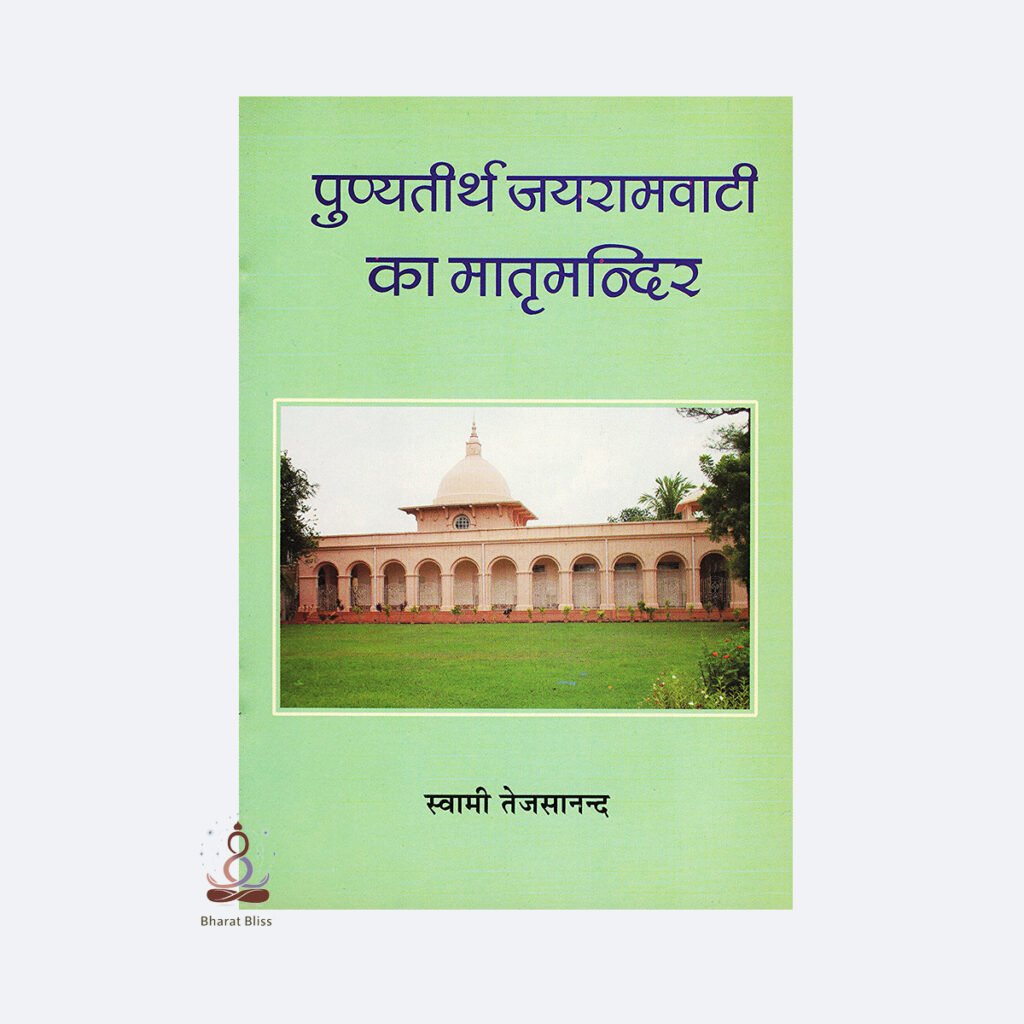


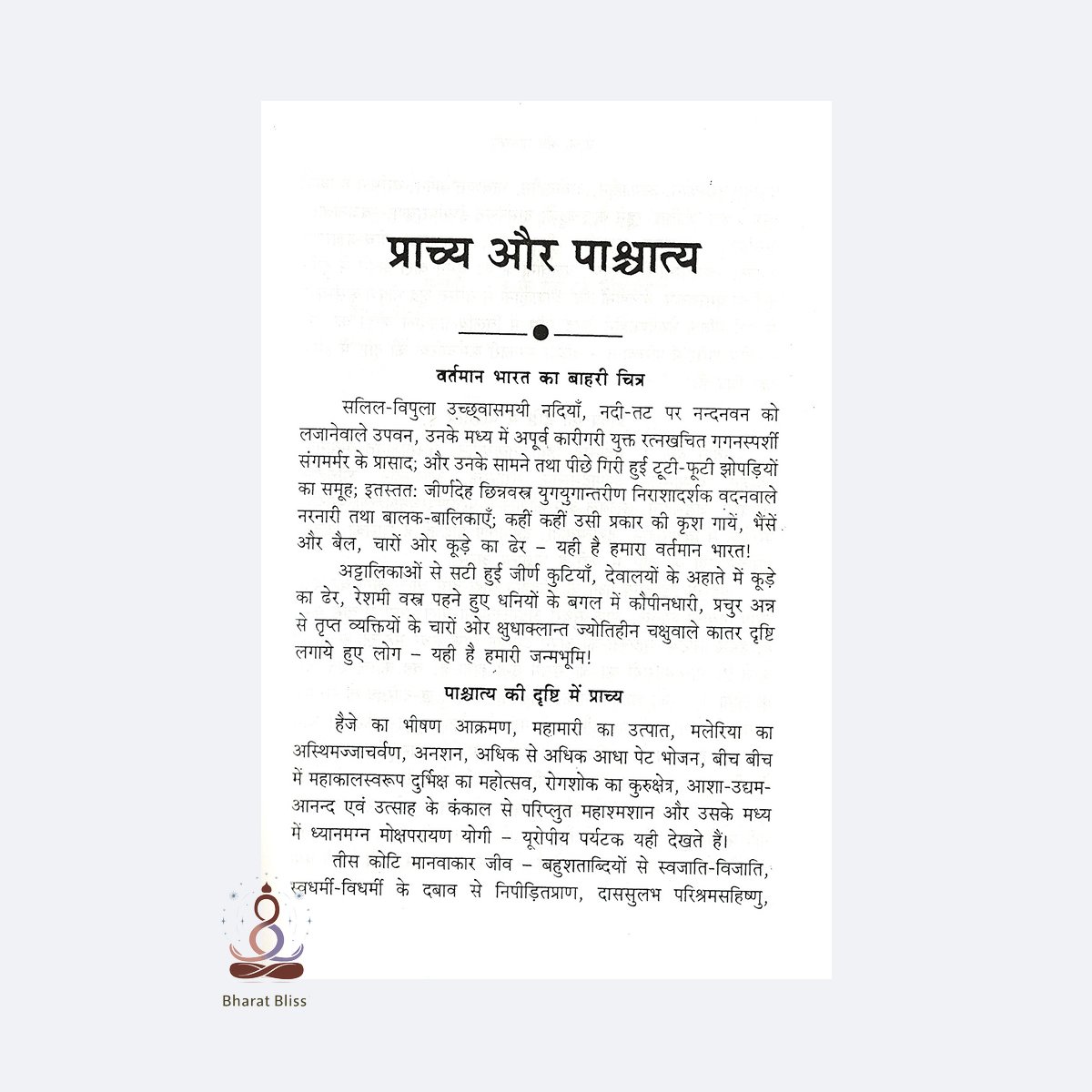



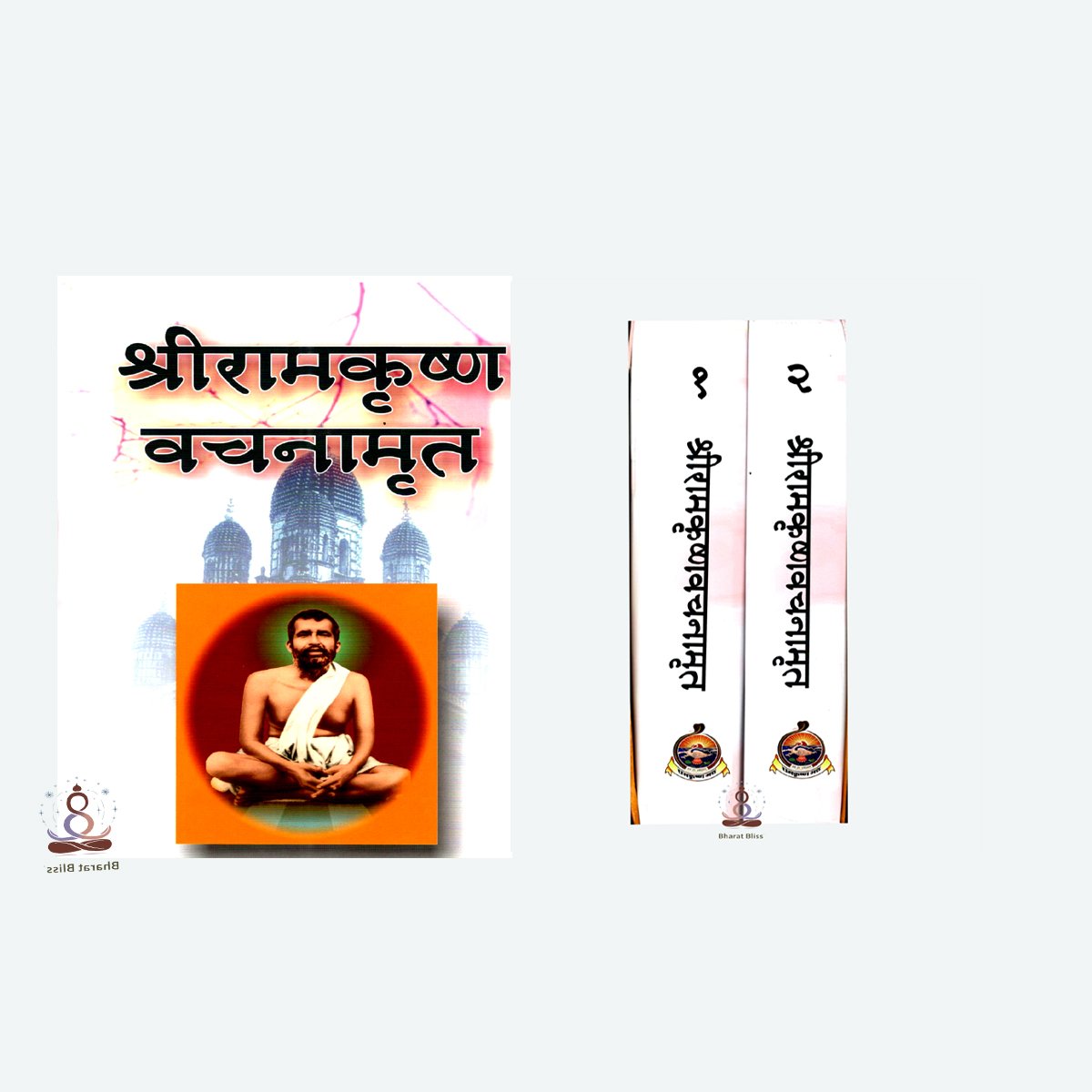
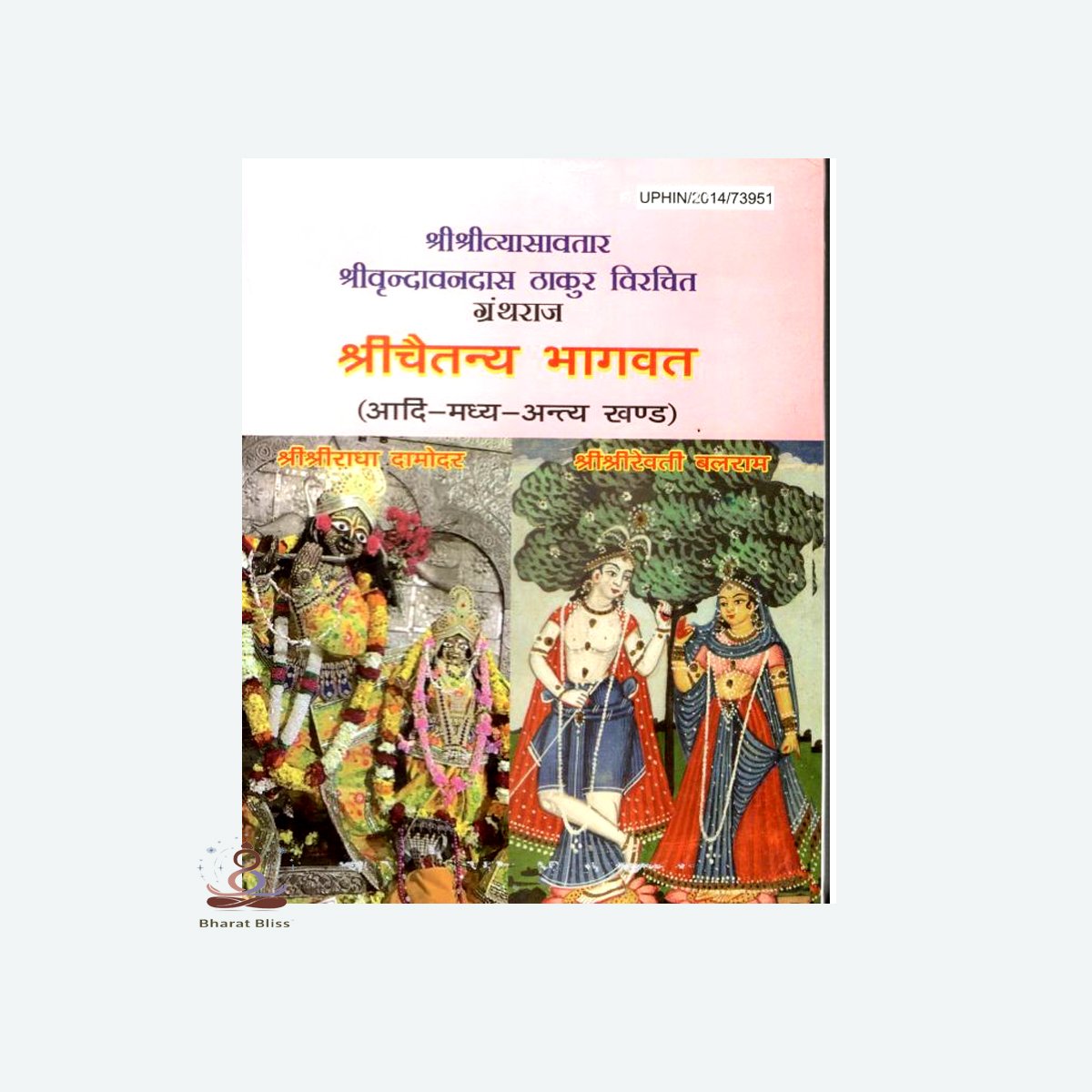

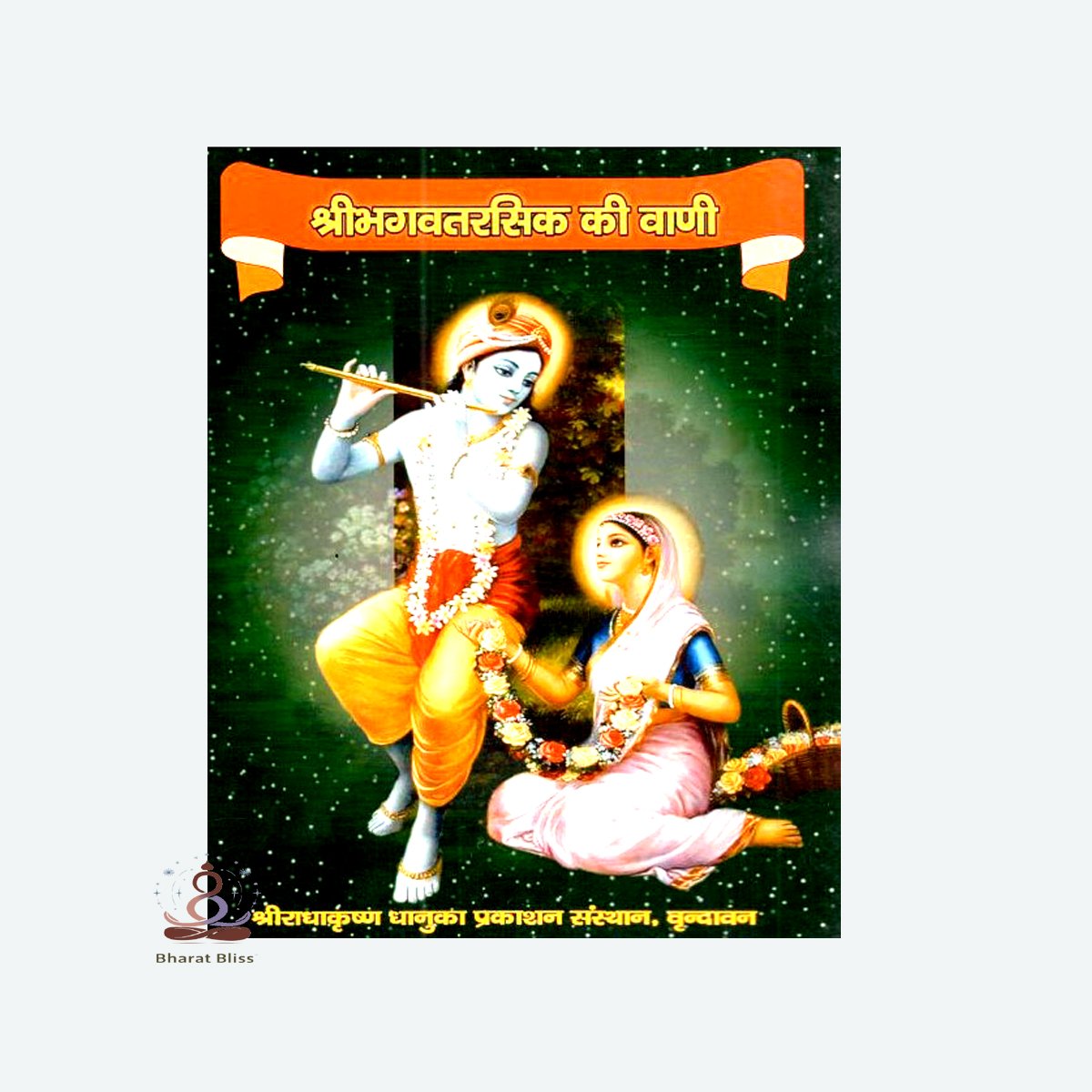

Reviews
There are no reviews yet.